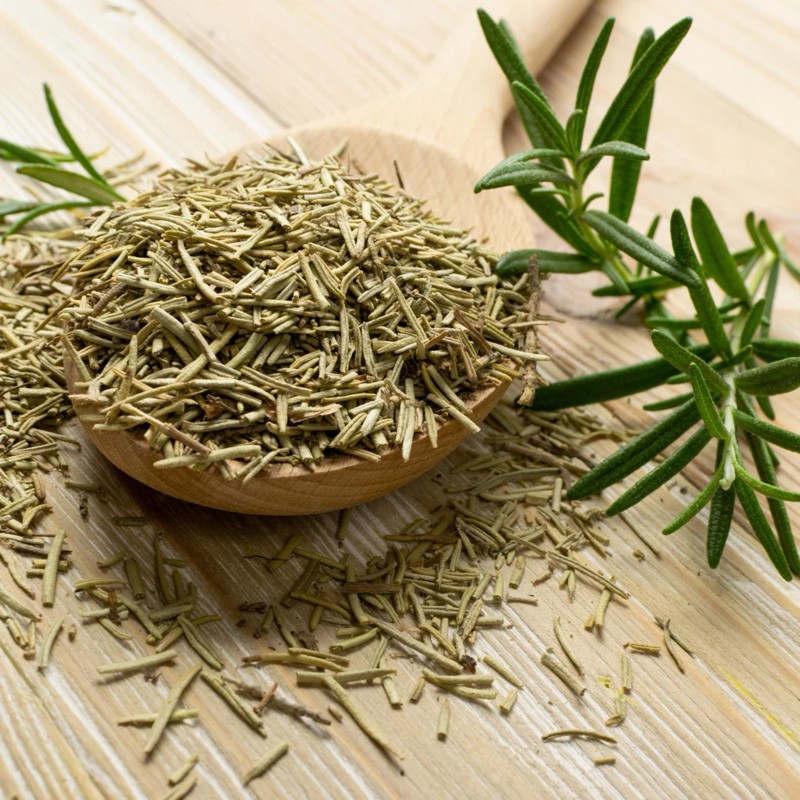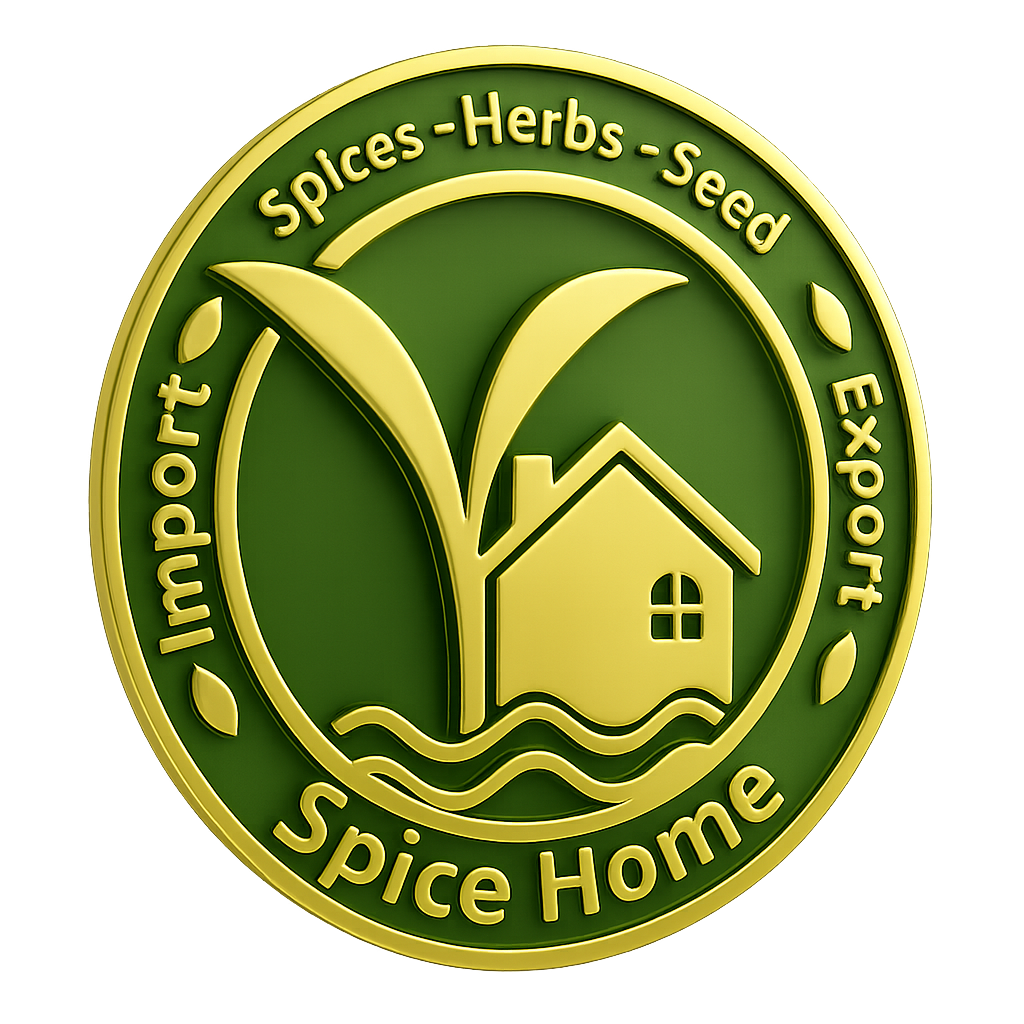Health Benefits of Popular Spices and Herbs
Spices and herbs have been integral to culinary traditions across the world for centuries. Beyond their ability to enhance flavor and aroma, many spices and herbs are prized for their health benefits. These natural ingredients are rich in bioactive compounds that can support overall well-being, reduce the risk of chronic diseases, and even aid in managing specific health conditions. This essay explores some of the most popular spices and herbs, focusing on their health benefits.

Turmeric: The Golden Healer
Turmeric, often referred to as the “golden spice,” is renowned for its vibrant yellow color and distinct flavor. The primary active compound in turmeric is curcumin, which has potent anti-inflammatory and antioxidant properties. Curcumin has been extensively studied for its potential to combat chronic inflammation, which is linked to various diseases such as heart disease, cancer, and Alzheimer’s. Additionally, turmeric may aid in managing arthritis symptoms, as it can reduce joint inflammation and pain.
Ginger: A Digestive Aid
Ginger is a popular spice known for its zesty flavor and medicinal properties. It has a long history of use in traditional medicine, particularly for digestive issues. Ginger contains compounds like gingerol and shogaol, which have anti-inflammatory and antioxidant effects. One of the most well-known benefits of ginger is its ability to alleviate nausea, including morning sickness during pregnancy and nausea induced by chemotherapy. Additionally, ginger can help with digestion by speeding up the emptying of the stomach, which can be beneficial for people with indigestion and related conditions.
Garlic: The Heart Protector
Garlic is a staple in many kitchens, valued for its pungent flavor and numerous health benefits. The active compounds in garlic, such as allicin, have been shown to have antibacterial, antiviral, and antifungal properties. However, garlic is particularly celebrated for its cardiovascular benefits. Regular consumption of garlic can help lower blood pressure, reduce cholesterol levels, and improve overall heart health. Some studies suggest that garlic may also play a role in reducing the risk of certain cancers, particularly those affecting the digestive system.
Cinnamon: Blood Sugar Regulator
Cinnamon is a beloved spice, often associated with sweetness and warmth. It contains cinnamaldehyde, which is responsible for most of its health benefits. Cinnamon is well-known for its ability to regulate blood sugar levels, making it particularly beneficial for people with type 2 diabetes. It improves insulin sensitivity, which helps the body better process glucose. Additionally, cinnamon has anti-inflammatory and antioxidant properties, which can help protect the body against various chronic diseases.
Peppermint: A Breath of Fresh Air
Peppermint is an herb widely used for its refreshing flavor and medicinal properties. The essential oil extracted from peppermint leaves contains menthol, which has a soothing effect on the digestive system. Peppermint is commonly used to relieve symptoms of irritable bowel syndrome (IBS), such as bloating, gas, and abdominal pain. Additionally, peppermint oil can help alleviate headaches, particularly tension headaches and migraines, when applied topically.
Basil: The Anti-Stress Herb
Basil is a fragrant herb commonly used in Mediterranean cuisine. It is rich in essential oils, such as eugenol, citronellol, and linalool, which have anti-inflammatory and antioxidant properties. Basil is also known for its adaptogenic properties, meaning it can help the body adapt to stress and restore balance. It is often used in traditional medicine to reduce stress and anxiety, improve mood, and enhance cognitive function. Additionally, basil has antibacterial properties, which can help protect against infections.
Oregano: The Antimicrobial Powerhouse
Oregano is a popular herb in Italian and Greek cuisines, known for its strong flavor and antimicrobial properties. The active compounds in oregano, such as carvacrol and thymol, have been shown to combat various pathogens, including bacteria, viruses, and fungi. Oregano oil is often used as a natural remedy for respiratory infections, digestive issues, and skin conditions. Furthermore, oregano is rich in antioxidants, which can help protect the body from oxidative stress and inflammation.

Rosemary: The Memory Booster
Rosemary is a fragrant herb commonly used in cooking and aromatherapy. It contains compounds like rosmarinic acid and carnosic acid, which have anti-inflammatory and antioxidant properties. Rosemary is particularly known for its potential to enhance memory and cognitive function. Some studies suggest that inhaling rosemary essential oil or consuming the herb may improve concentration, alertness, and overall mental performance. Additionally, rosemary has been shown to support digestion and reduce muscle pain.
Conclusion
Spices and herbs are not only culinary delights but also powerful natural remedies that can contribute to overall health and well-being. Incorporating these ingredients into your diet can provide a range of health benefits, from reducing inflammation and improving digestion to protecting against chronic diseases and enhancing cognitive function. As with any natural remedy, it is essential to use spices and herbs in moderation and consult with a healthcare professional if you have specific health concerns or conditions. By embracing the health benefits of these popular spices and herbs, you can enhance both the flavor of your meals and your overall quality of life.


